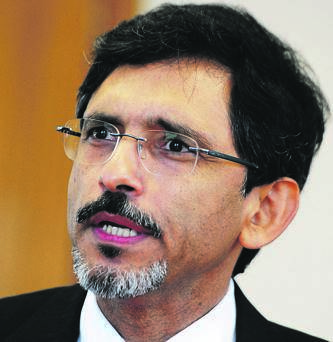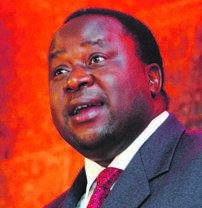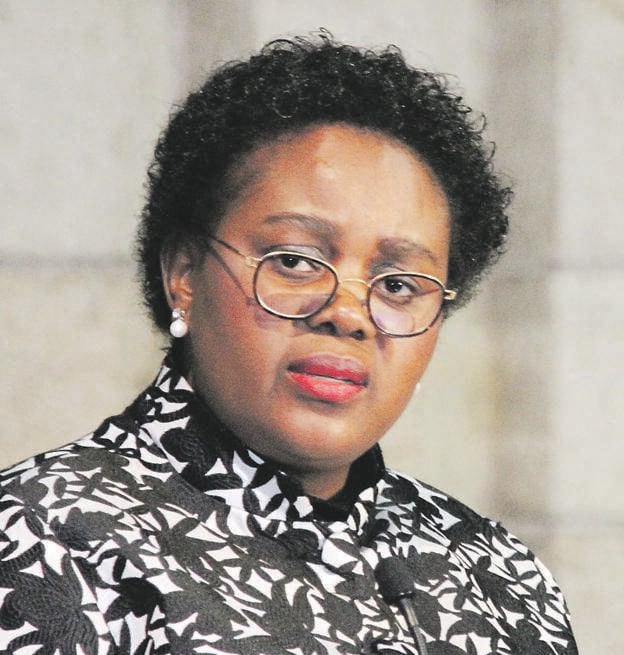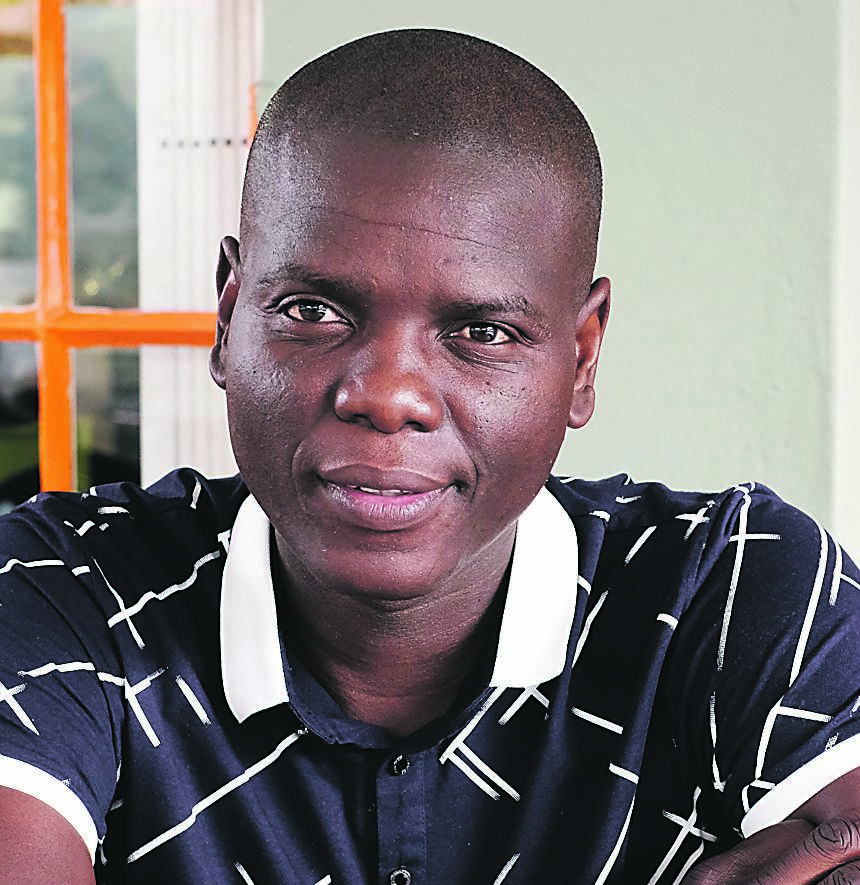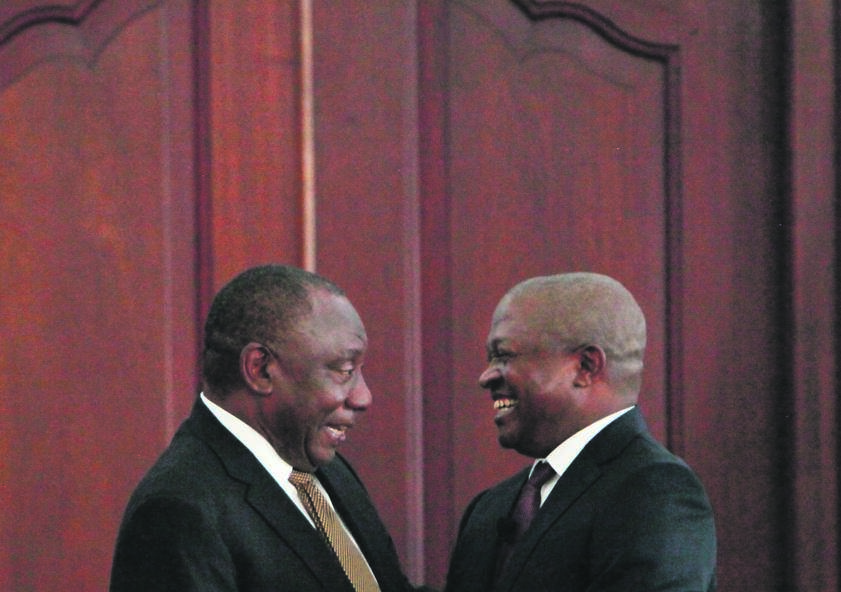
Ramaphosa has a strong powerbase. The delicate balance could see him succeed. But he will be keeping his allies close and his detractors even closer, writes Mcebisi Ndletyana
Presidencies are both unique and common. Their distinctiveness lies in that each is often a product of a particular moment and shaped by the specific traits of the occupant.
What is common among them is that they all need a powerbase.
What then follows is a delicate balance between presidents infusing their own objectives and ways of working in the presidency and government as a whole, on the one hand, and making appointments, and even decisions, that appear at odds with the promise of their presidencies, on the other hand.
Cyril Ramaphosa’s presidency is being shaped by these two, seemingly contradictory, elements.
Whether the balance is healthy enough to enable the president to achieve his objectives is not certain.
For starters, Ramaphosa’s presidency is defined differently from his predecessors’.
South Africa has had three key presidencies.
We started off with a conciliatory one, moved to an intellectual presidency that exercised continental leadership, then descended into destructive populism.
Each of these was both a response to the demands of the time and a result of the personalities of the incumbent.
Ramaphosa has already distinguished himself as an economic president, promising not only prosperity, but also ethical leadership. His promise of boosting the economy comes from his business background and the respect he enjoys within this community.
In a country faced with high unemployment, Ramaphosa’s biography promises to deliver what the country desperately needs.
And his relative lack of a blemish on his character makes his promise of an ethical leadership somewhat credible.
To get into the presidency, however, Ramaphosa needed a powerbase. This primarily involved weaving together a numeral majority within the ANC to win the party’s presidency.
In doing so, one has little choice over the type of allies that one chooses. This is especially so within the ANC now; a party riddled with unsavoury characters.
Going towards Nasrec, Ramaphosa had to make alliances with individuals with whom he wouldn’t have ordinarily associated.
That’s how someone of a tainted character such as David Mabuza came to be Ramaphosa’s ally.
In any case Ramaphosa had already shown his predisposition to make such alliances when he agreed to be Jacob Zuma’s deputy at the Mangaung conference in 2012, to give himself a chance of being president.
His alliance with Mabuza was simply a continuation of the strategy he had started with Zuma, but this time around it was to realise his ultimate objective – to become president of the ANC and eventually of the country.
Gaining control over the reigns of power now affords Ramaphosa an instrument to pursue his objectives.
These are to clean up the state of corruption and revive our economy.
This makes the economy, justice and security portfolios critical for Ramaphosa’s success. And here Ramaphosa was uncompromising in his choices of Cabinet ministers: Tito Mboweni at finance, Pravin Gordhan at public enterprises, Ronald Lamola at justice and Bheki Cele at police.
These are not only proven loyalists, but also act out of conviction.
One other appointment in a related ministry, Ebrahim Patel at industry and economic development, might not have necessarily been his choice, but helps him to maintain the alliance with labour federation Cosatu.
It also helps Ramaphosa that Patel is competent. The Competition Commission has done remarkably well under his ministerial leadership and has provided the commissioner, Tembinkosi Bonakele, with tremendous support.
At another level, though, Patel’s appointment illustrates the continued importance of maintaining alliances.
Their importance doesn’t cease with their arrival at the Union Buildings.
Now they determine whether Ramaphosa succeeds or even completes his term.
This makes allies critical even to the point of turning a blind eye to some inexplicable decisions.
Cele’s refusal to renew Robert McBride’s contract is one such inexplicable decision that contradicts Ramaphosa’s repeated promise to prioritise competence.
Instead of instructing Cele to retain a hard-working bureaucrat who is weeding out corruption in the police service, Ramaphosa turned a blind eye.
Cele is too valuable to him as an ally than keeping McBride.
Other appointments, or exclusions, explain even further the importance of alliances. Consider Derek Hanekom and Tokozile Xasa, for instance.
Hanekom was a trusted ally in the ANC fight to rid the party of the burdensome Jacob Zuma.
But he has been overlooked. His previous portfolio in tourism has now been given to Mmamoloko Kubayi-Ngubane.
Both Kubayi-Ngubane and Hanekom are competent, but she has an added advantage of the youth league background, which is a vocal constituency within the ANC.
Xasa was doing a notable job at sport, but she was a safe exclusion given the few posts available.
Her home province, the Eastern Cape, will still support Ramaphosa because it was rewarded with a number of ministerial appointments, including Stella Ndabeni-Abrahams, Nosiviwe Mapisa-Nqakula and Gwede Mantashe.
Although some appointments show that old alliances remain strong, others indicate a change.
Lindiwe Sisulu’s relocation away from the international limelight of foreign affairs to human settlements indicates a realignment.
Returning to human settlement could not have been Sisulu’s preference. Foreign affairs is far more prestigious and accords with Sisulu’s sense of seniority.
Perhaps it was not unexpected after Sisulu had attended a lecture that was delivered by Ramaphosa’s rival, Ace Magashule, lambasting the president.
For someone who was on Ramaphosa’s ticket at Nasrec, Sisulu’s presence at Magashule’s attack of the president came as a shock.
Her attendance came across as an announcement of a shift in allegiance. Her reassignment might not be surprising, but is intriguing.
What was possibly the cause of what looks like a fallout and what is likely to come out of it?
That said, Sisulu’s replacement at foreign affairs, Naledi Pandor, is a worthwhile appointment. She deserves it and it is a demonstration of the high regard that Ramaphosa has for Pandor.
He had preferred her for deputy president at Nasrec.
While similarly calculated, other appointments might turn out to be counterproductive or not achieve the intended results.
Patricia de Lille’s appointment is intended to woo her supporters in the Western Cape towards the ANC. The DA is vulnerable there.
But, De Lille’s portfolio, public works, is riddled with corruption and requires an influential person to turn it around.
De Lille’s lack of influence in the ANC might hamper her. Nkosazana Dlamini-Zuma is hard working, but might lack the level of vigour required to clean up municipalities.
They are many and have serious problems that can’t be solved from the comfort of the office in Pretoria, but need actual visits, continual attention to detail and follow-ups.
Given her age and level of seniority, Dlamini-Zuma might not have the enthusiasm to please.
This is an ideal Cabinet for Ramaphosa. Not all of them are a perfect fit, but they afford him an opportunity to realise the promise of his presidency.
They strike a healthy balance between competence and maintaining a powerbase that will support his presidency.
Ramaphosa must be careful, though, not to overindulge his allies for the sake of retaining their loyalty.
They are there not for their own sake, but to aid him. If he is too lenient they might even compromise him.
Ndletyana is associate professor of politics at the University of Johannesburg
TALK TO US
To be or not to be. Has Ramaphosa chosen the right team to help him succeed or will he be disappointed?
SMS us on 35697 using the keyword TEAM and tell us what you think. Please include your name and province. SMSes cost R1.50. By participating, you agree to receive occasional marketing material




 Publications
Publications
 Partners
Partners




